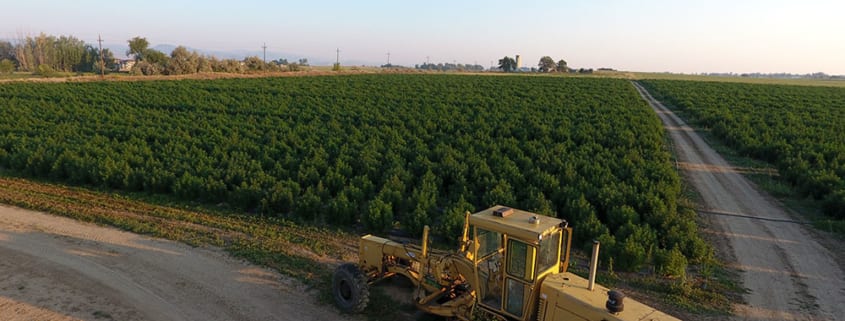
Hemp, the often misunderstood cousin of cannabis, is quietly brewing a revolution. This versatile plant isn’t just about feel-good vibes; it’s a powerful tool with the potential to modernize industries, production cycles, and even the way we think about resource management. Here’s how hemp can cultivate abundance across various aspects of our lives:
Profit with Purpose:
- New Markets, New Opportunities: Hemp opens doors to entirely new markets for everything from bioplastics and textiles to construction materials and nutraceuticals. This translates to increased profit potential for businesses willing to embrace this sustainable alternative.
- Reduced Reliance on Volatile Resources: Hemp thrives in various climates and requires minimal resources compared to traditional materials. This creates a more resilient and cost-effective supply chain, reducing dependence on volatile resources and fluctuating prices.
Learning Curve for a Sustainable Future:
- Innovation Through Collaboration: The hemp industry is a hotbed of innovation. As industries integrate hemp, knowledge sharing and collaboration become essential. This fosters a continuous learning curve, pushing the boundaries of what’s possible with this versatile plant.
- Upskilling for a Greener Economy: The integration of hemp necessitates a shift in skills and expertise. This creates opportunities for training and education, empowering individuals to participate in the sustainable future of various industries.
Ecological and Health Harmony:
- Regenerative Powerhouse: Hemp is a champion of soil health, capturing carbon dioxide and improving soil fertility. This translates to healthier ecosystems and more sustainable agricultural practices.
- Natural Alternatives for a Healthier You: Hemp-based products, from textiles to food options, offer natural alternatives that may benefit human health. These options often avoid harmful chemicals or synthetic ingredients present in traditional products.
Accessibility for All:
- Sustainable, Affordable Materials: Hemp can provide a more affordable and sustainable alternative to many traditional materials. This has the potential to increase access to essential products like clothing, building materials, and even healthcare options.
- Closing the Loop on Waste: Hemp’s strong fibers and natural properties make it ideal for creating durable, long-lasting products. This reduces waste generation and promotes circular production cycles, where resources are reused and repurposed.
Transparency from Seed to Shelf:
- Blockchain Integration: The inherent traceability of hemp, coupled with blockchain technology, can ensure transparency throughout the supply chain. Consumers can gain valuable insights into the origin and production practices behind the hemp products they use.
- Empowering Responsible Consumption: Transparency fosters accountability from producers to retailers. Consumers become empowered to make informed choices about the products they purchase, supporting sustainable and ethical practices.
A Shift in Mindset:
- From Linear to Circular: Hemp encourages us to move beyond the traditional “take-make-dispose” model. Its circularity potential emphasizes resource efficiency and responsible waste management.
- Collaboration Over Competition: The hemp industry thrives on collaboration. Sharing knowledge and resources is key to unlocking hemp’s full potential. This shift in mentality fosters a more sustainable and collaborative approach to resource management.
Hemp is more than just a plant; it’s a catalyst for change. It’s a tool that can help us modernize industries, create a more sustainable future, and cultivate abundance across various aspects of our lives. Are you ready to embrace the hemp revolution?
